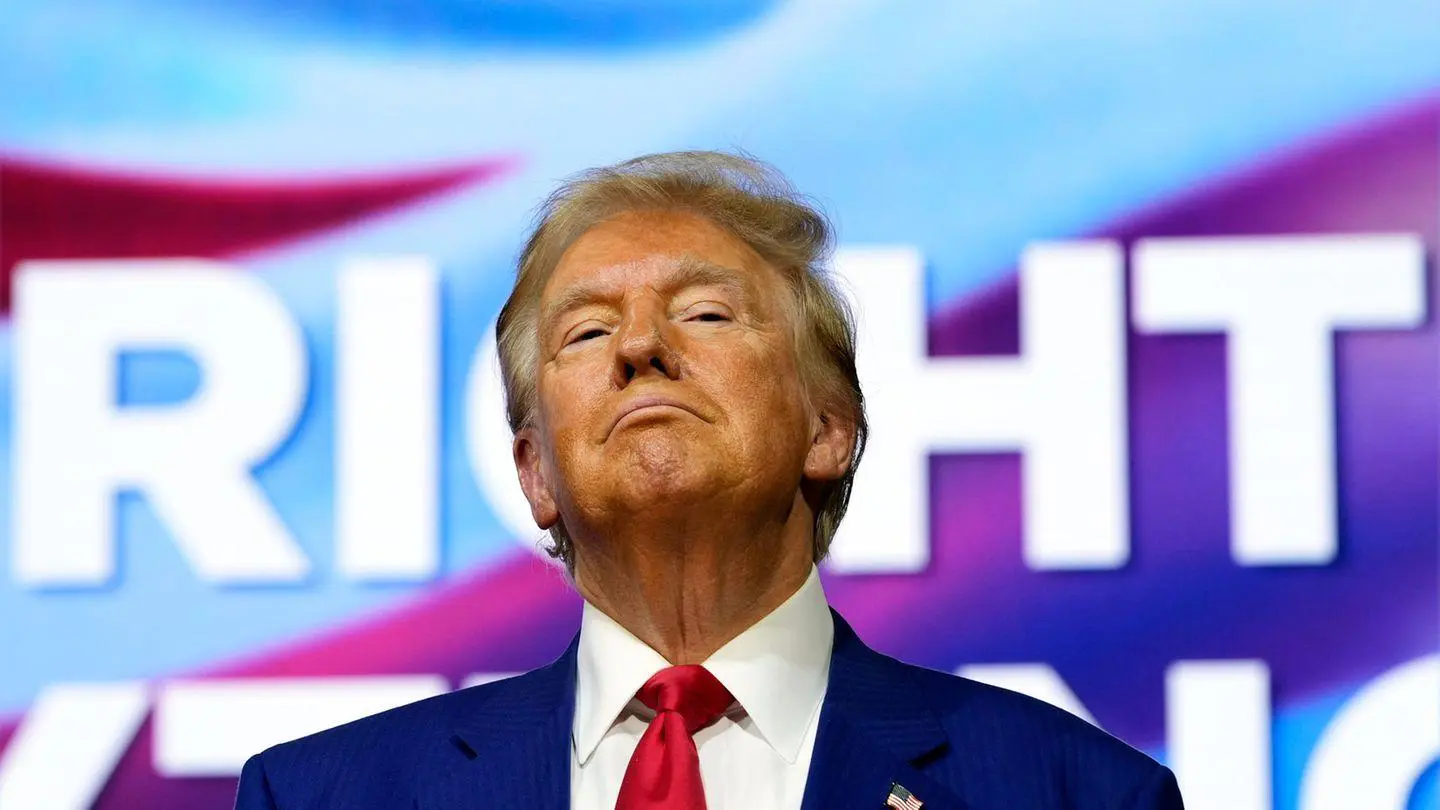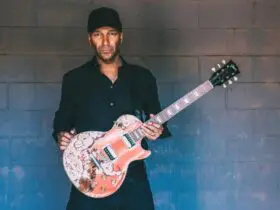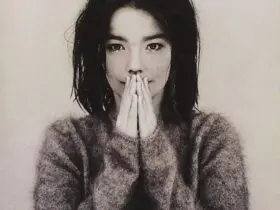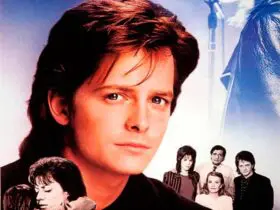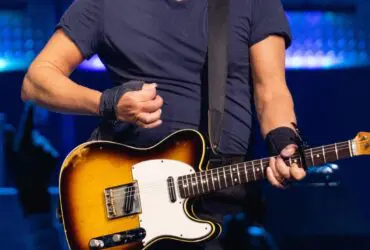Unexpected use of ‘Hallelujah’ at political rally sparks controversy
A surprising twist at a Pennsylvania event
In a recent event held in Oaks, Pennsylvania, what began as a conversation with South Dakota Governor Kristi Noem took an unexpected turn into a peculiar sing-along. The song in question was ‘Hallelujah’, performed by Rufus Wainwright. This choice of music has sparked significant controversy, particularly from the artist himself.
Artist’s reaction: a strong disapproval
Rufus Wainwright, known for his soulful rendition of Leonard Cohen’s classic, expressed his dismay over the use of his performance at the political rally. He described the incident as “pure blasphemy,” emphasizing that he does not endorse this use of his music and was deeply mortified by it.
The significance of ‘Hallelujah’
‘Hallelujah’ is a song that has transcended its original release, becoming a cultural touchstone covered by numerous artists across various genres. Its profound lyrics and haunting melody have made it a favorite for both personal reflection and public performance. However, its use in a political context, especially without the artist’s consent, raises questions about the ethical implications of music in political campaigns.
The broader impact on the music industry
This incident is not an isolated case. The unauthorized use of music at political events has been a recurring issue, with many artists voicing their objections. The music industry has long grappled with the balance between artistic integrity and public use. When songs are used without permission, it not only undermines the artist’s control over their work but also risks misrepresenting their personal and political beliefs.
Technical analysis: why ‘Hallelujah’ resonates
From a technical standpoint, ‘Hallelujah’ is a masterpiece of musical composition. Its structure, which combines a simple yet powerful chord progression with deeply evocative lyrics, creates an emotional resonance that few songs achieve. Wainwright’s version, in particular, is noted for its rich vocal delivery and nuanced interpretation, which adds layers of meaning to the already profound lyrics.
The ethical dilemma of music in politics
The use of music in political campaigns is a complex issue. On one hand, music has the power to unite and inspire, making it a valuable tool for rallying support. On the other hand, when used without consent, it can lead to significant backlash from artists and fans alike. This incident highlights the need for clear guidelines and respect for intellectual property rights in the political arena.
Industry trends: artists taking a stand
In recent years, there has been a growing trend of artists taking a stand against the unauthorized use of their music. This movement is not just about protecting their work but also about maintaining the integrity of their message. As more artists speak out, it is likely that we will see increased scrutiny and possibly new regulations regarding the use of music in political contexts.
Call to action: share your thoughts
While comments are closed, we encourage you to share this article on social media and follow our site for future updates. Your engagement helps us continue to bring you insightful and thought-provoking content.
For more on Rufus Wainwright and his music, visit Rufus Wainwright.






